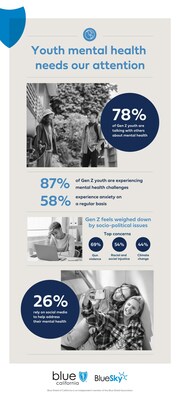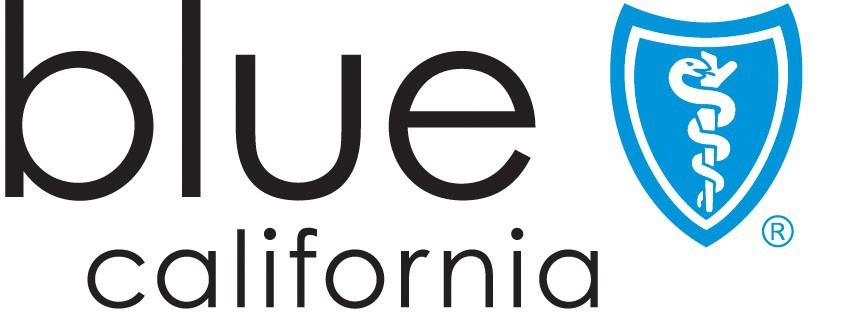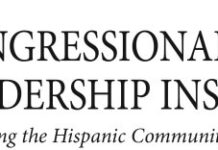As students return to school, gun violence, racism and climate change are taking a toll on mental health, but a majority of youth are acting on issues they care about
OAKLAND, Calif., Aug. 3, 2023 /PRNewswire-HISPANIC PR WIRE/ — As students head back to campus for the fall semester, nearly 9 out of 10 Gen Z youth say they are experiencing mental health challenges on a regular basis, according to a new nationwide Blue Shield of California/Harris Poll survey.

While 87% say they are struggling with mental health, the majority are also taking steps to improve their well-being: more than three in four (78%) say they have talked about their emotions and mental health with others in the past year, and 71% have used resources to help address mental health challenges. The survey polled over 1,300 youth, ages 14-25 years old. National and California-specific data is available in the summary report.
“There is a crowded field of voices weighing in on Gen Z’s mental health challenges, but the most important voices are youth themselves,” said David Bond, a licensed clinical social worker and director of Behavioral Health for Blue Shield of California. “For youth who are struggling, I cannot stress enough the importance of feeling seen, understood, and that someone cares about you. Parents, educators, clinicians, and policymakers need to listen to young people with empathy and respond with meaningful action.”
Socio-political issues take a toll, spurring action by youth
The poll asked youth to identify their top socio-political concerns and the mental health impacts of those issues.
- Gun violence was the top concern, with 69% saying they were “very concerned,” and 84% experiencing negative mental health impacts in response to experiencing or hearing about it.
- More than half (54%) of youth were “very concerned” about racism and social injustice. Nearly one-third (32%) of youth of color said that dealing with racism was impacting their mental health to the point of disrupting their daily lives.
- 44% of youth were “very concerned” with climate change, with 68% experiencing negative mental health impacts in response to experiencing or hearing about the issue.
Nearly two in three (65%) Gen Z youth are taking action on socio-political issues, including learning more about racism, advocating against bullying, and choosing brands that support social justice issues. On climate change, three in four (74%) youth are addressing the problem by personally taking a number of actions, including reducing plastic, power, and water use, as well as supporting brands that are sustainable.
“There are definitely times when I feel a sense of hopelessness and a lack of urgency by older generations to solve the big issues of the day,” said Alexa Southall, a 16-year-old high school student in San Diego and a student director with the teen advocacy group Mind Out Loud. “Then I look to my peers, and I see this outright refusal to stay quiet about things that affect us all. That ultimately gives me hope that my generation has what it takes to fix things like global warming and social injustice.”
Personal factors are also having an adverse effect on youth mental health
When asked about family and personal concerns that negatively impact mental health, Gen Z indicated that “finding a good job” is their top worry, cited by 50% of survey respondents. This was followed by negative body image (42%) and family relationships (40%).
Mental well-being varied significantly between demographic groups, including gender and household income:
- 17% of young women, 26% of transgender youth, and 42% of non-binary youth rated their mental health as “poor,” compared to 9% of young men.
- Lower-income youth felt more challenged, with 20% of youth in households earning less than $30,000 annually rating their mental health as “poor,” compared to 7% of youth in households with income above $96,000. (According to the U.S. Census $30,000 is the federal poverty level for a family of four.)
Youth seek resources, but face barriers in accessing care
A bright spot revealed by the poll is that 93% of youth actively use self-care methods to manage their mental health, most commonly music, movies, and shows. Thirty-five percent engaged in self-help such as meditation, exercise, and deep breathing and 22% connected with a private therapist.
However, youth need better access to professional mental health care, with 61% saying they experienced barriers. The three most common barriers:
- 31% were embarrassed to ask for help or worried about what people will think
- 21% said it was difficult to find someone they can relate to
- 20% believe they cannot afford mental health care
“To help future generations succeed, we need to ensure access to high quality and culturally relevant mental-health supports, particularly for youth from marginalized communities. This includes improving mental-health care on school campuses and in community centers, as well as bolstering peer support,” said Antoinette Mayer, vice president of Corporate Citizenship and co-founder of BlueSky, Blue Shield of California’s youth mental health initiative. “While it’s encouraging that youth are taking action to improve their emotional well-being, more can be done to reduce stigma and to empower youth to speak up.”
Social media has polarizing impacts on mental health
Gen Z youth reported spending an average of 5.6 hours per day on social media with both positive and negative impacts on their mental health.
- 27% said it was helpful, citing major positive impacts from fun/entertainment (48%); learning new things (38%); and meaningful connections with friends/acquaintances (37%).
- 31% said it was harmful, citing major negative impacts from pressure to have an unrealistic body (29%); being exposed to fake news/misinformation (19%); and pressure to have more friends (18%).
- One in four youth (26%) have relied on social media to help address their mental health.
About the poll and BlueSky
The online survey was conducted by the Harris Poll between May 31-June 13, 2023, and asked 1,368 Gen Z youth, ages 14-25 years old, to reflect on their mental health. The survey is a project of Blue Shield of California’s BlueSky initiative, the nonprofit health plan’s multi-year effort to support youth mental health. BlueSky invests in on-campus and online mental health services, educator training, and youth-driven support and awareness efforts.
About Blue Shield of California
Blue Shield of California strives to create a healthcare system worthy of its family and friends that is sustainably affordable. We are a tax paying, nonprofit, independent member of the Blue Shield Association with over 4.8 million members, over 7,800 employees and more than $24 billion in annual revenue. Founded in 1939 in San Francisco and now headquartered in Oakland, Blue Shield of California and its affiliates provide health, dental, vision, Medicaid, and Medicare healthcare service plans in California. For more news about Blue Shield of California, please visit news.blueshieldca.com. Or follow us on LinkedIn, Twitter, or Facebook.
CONTACT:
Mark Seelig
Blue Shield of California
510-607-2359
[email protected]

Photo – https://mma.prnewswire.com/media/2168742/youth_mental_health_attention_English_BCBSCA_Infographic.jpg
Logo – https://mma.prnewswire.com/media/810201/blue_jpg_Logo.jpg
SOURCE Blue Shield of California







